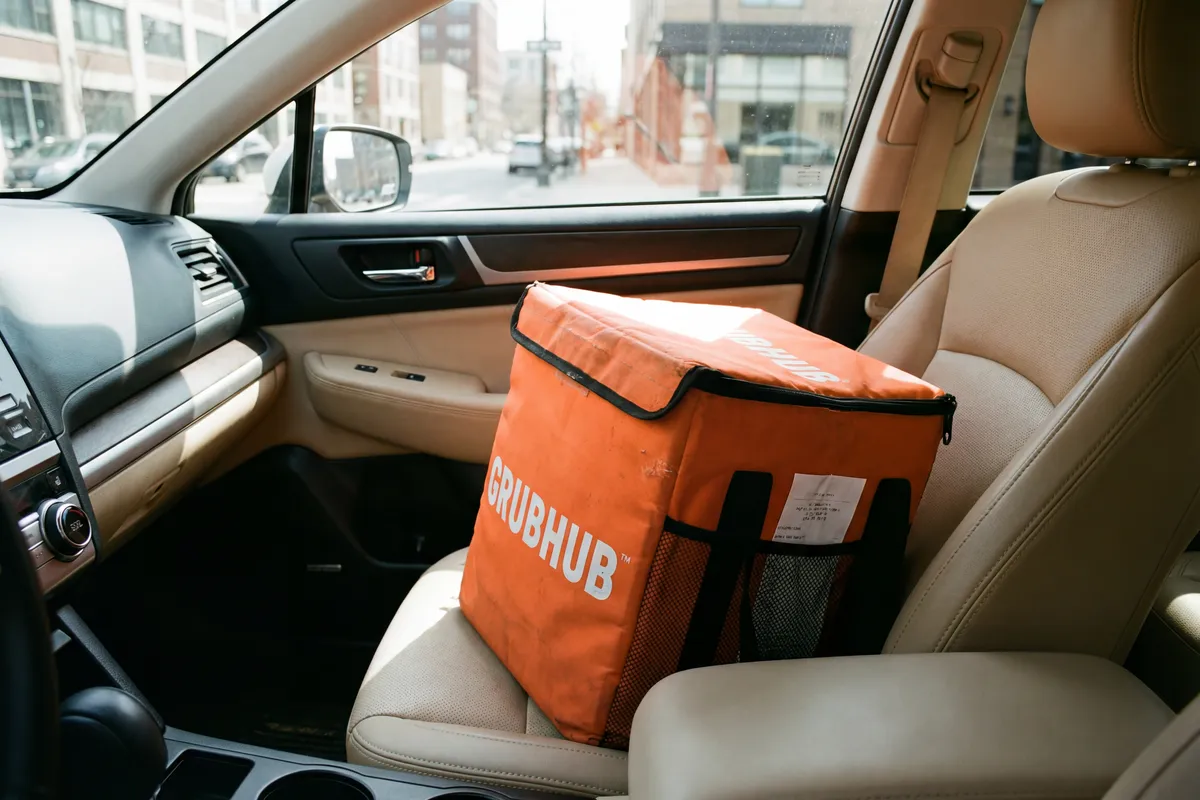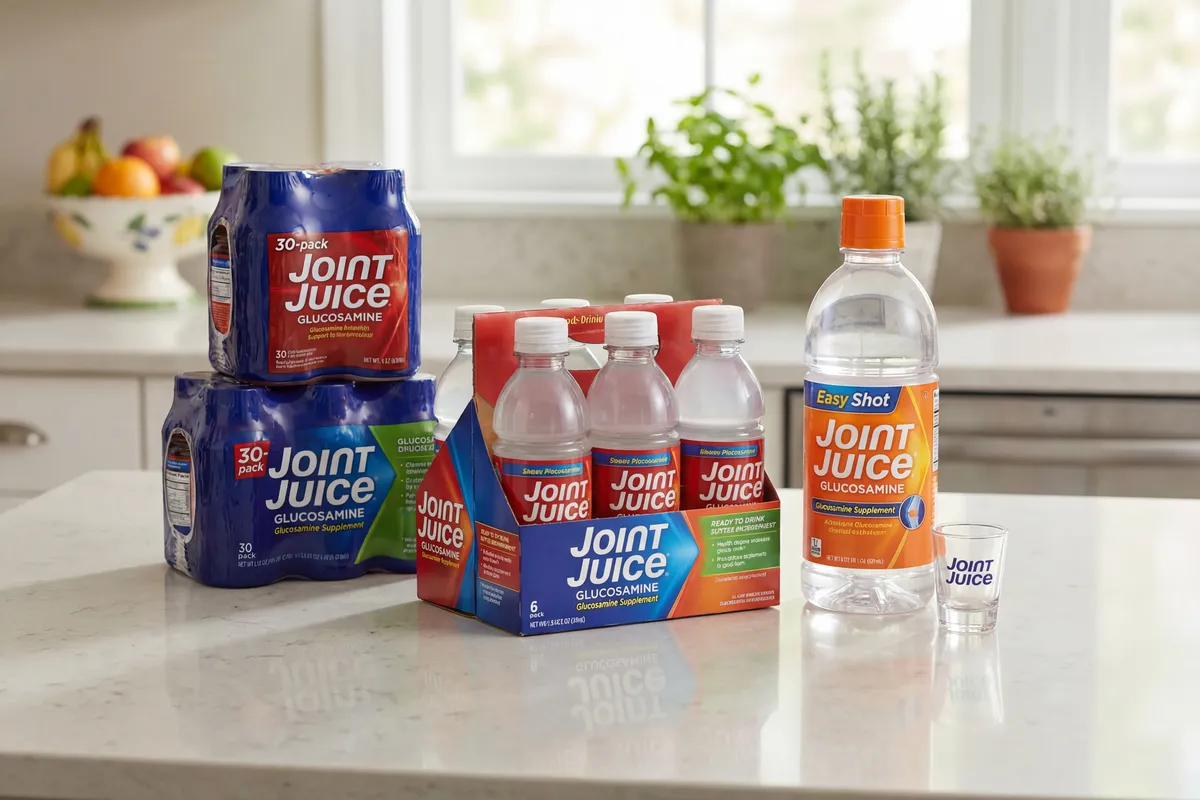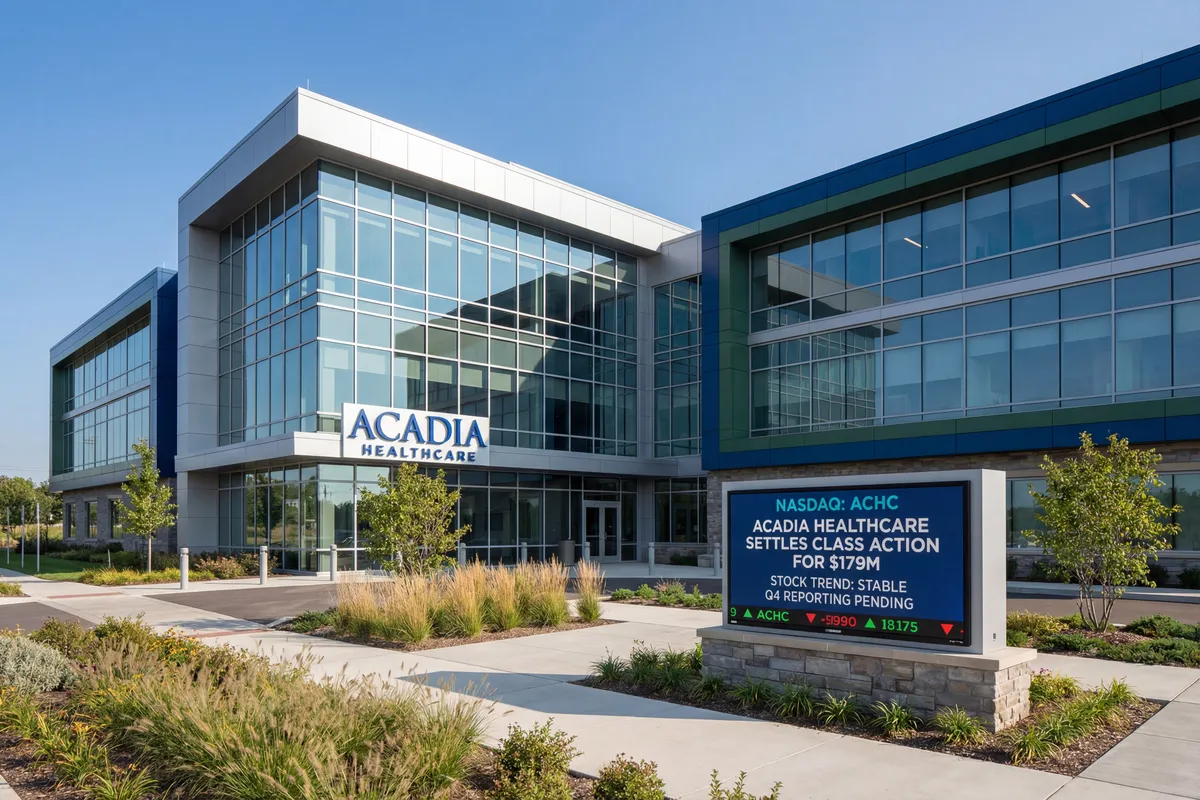
Consumers who owned or leased certain General Motors vehicles in California, Idaho or North Carolina as of May 23, 2022, may qualify to claim at least $2,149 from a class action settlement.
General Motors LLC agreed to pay $150 million to settle a class action lawsuit alleging it sold vehicles with defective piston assemblies that could cause excessive engine wear and oil consumption, potentially leading to engine damage or shutdown.
Who is eligible for a General Motors payout?
Class members must meet the following criteria:
- They are a current owner or lessee, as of May 23, 2022, of one of the following vehicles with an LC9 engine manufactured on or after Feb. 10, 2011:
- 2011-2014 Chevrolet Avalanche, Silverado, Suburban or Tahoe
- 2011-2014 GMC Sierra, Yukon or Yukon XL
The class is divided into three groups based on state:
- California class: All current owners or lessees of a qualifying vehicle purchased or leased new in California as of May 23, 2022.
- Idaho class: All current owners or lessees of a qualifying vehicle purchased or leased from a GM-authorized dealer in Idaho as of May 23, 2022.
- North Carolina class: All current owners or lessees of a qualifying vehicle purchased or leased in North Carolina as of May 23, 2022.
Consumers with vehicles that have already received adequate piston replacement (i.e., upgraded piston rings) under warranty and at no cost are excluded from the class. Additionally, consumers who previously opted out of the class after the May 2022 notice are not eligible.
How much is the engine defect payment?
Pro rata payment: Each eligible class member will receive an equal share of the $150,000,000 settlement fund. The estimated minimum payment per class member is $2,149, but the actual amount may be higher depending on the number of eligible class members and deductions for administrative costs, attorneys' fees and service awards.
How to claim a class action rebate
Most class members do not need to file a claim to receive compensation and will automatically receive a payment if the settlement is approved.
However, class members who received a notice instructing them to complete the North Carolina class member identification form must submit this form to confirm their eligibility. Class members can file a claim online or download and print the PDF claim form to complete and mail to the settlement administrator.
Class members who are unsure what notice they received can enter their notice ID, which is located on their settlement notice, on the settlement website to check their required action.
Additionally, class members who have not yet provided a W-9 should do so to avoid a 24% federal income tax backup withholding on their payment. They can submit the W-9 form online or download and print the PDF W-9 form to complete and mail to the settlement administrator..
Settlement administrator's mailing address: GM 5300 LC9 Class Action, P.O. Box 5124, Baton Rouge, LA 70821
Required information
Class members must provide their VIN number.
Payout options
The settlement administrator will issue payments by paper check and mail them to the address on file. Class members should make sure their mailing address is up to date by contacting the settlement administrator if they have moved.
$150 million Siqueiros, et al. v. General Motors_ _settlement fund
The $150,000,000 settlement fund covers:
- Settlement administration costs: Up to $500,000
- Attorneys' fees and expenses: Up to $57,000,000
- Service awards to class representatives: $30,000 each
- Payments to eligible class members: Remainder of the fund
Important dates
- Claim deadline: Aug. 8, 2025
- W-9 deadline: Aug. 8, 2025
- Fairness hearing: Oct. 2, 2025
When is the GM engine defect payout date?
Payments will be made approximately 61 days after the court grants final approval of the settlement and any appeals are resolved.
Why was there a class action settlement?
The class action lawsuit alleged certain General Motors vehicles with LC9 engines contained defective piston assemblies that led to excessive oil consumption and engine problems. The plaintiffs claimed GM was aware of the defect and sought economic damages for affected vehicle owners and lessees.
GM denied any wrongdoing or liability but agreed to settle to avoid the risks and costs of further litigation and appeals.
.png)







.webp)
.webp)
.webp)

.webp)
.webp)
.webp)
.webp)







.svg)
Comments